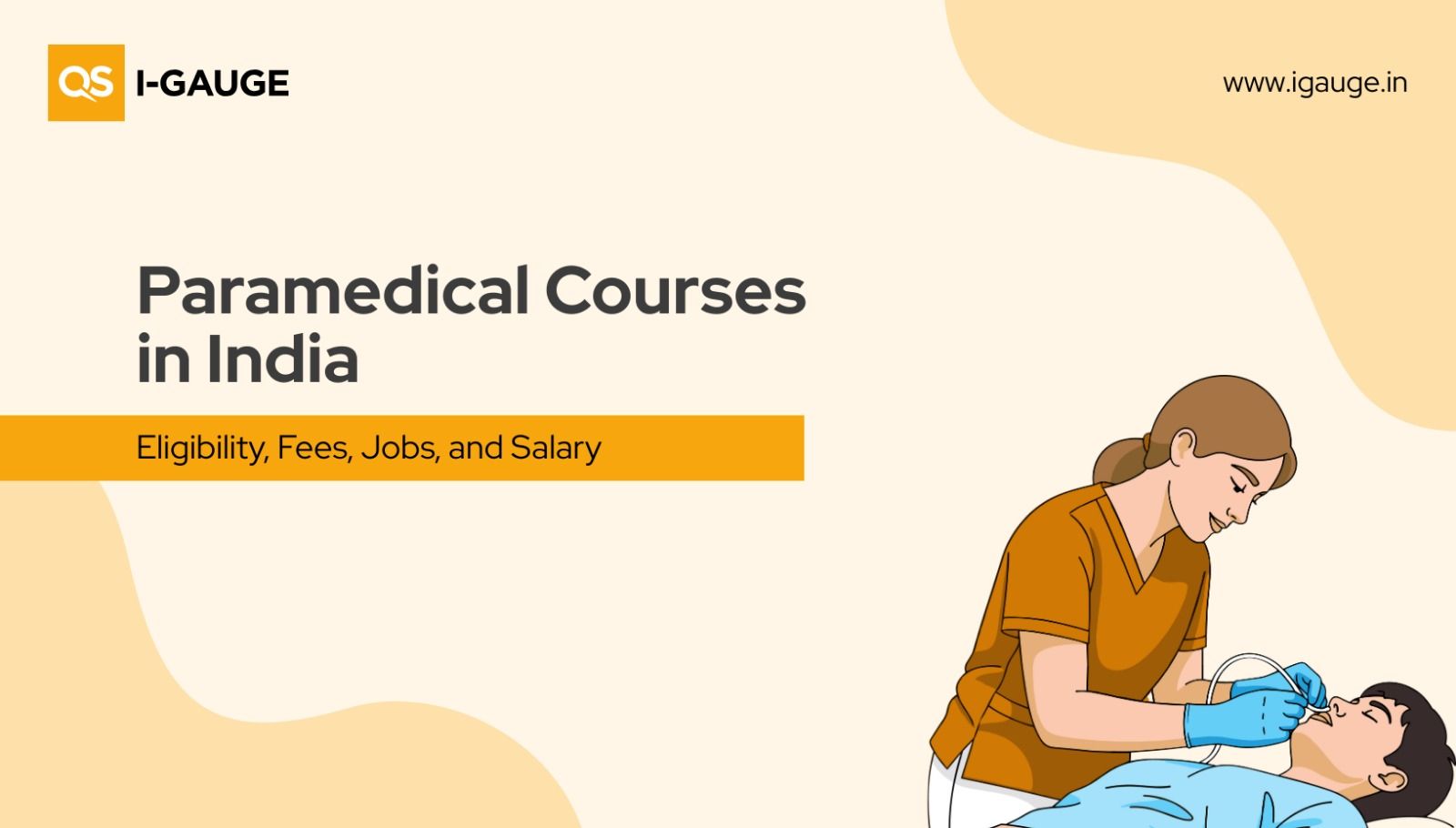
According to a recent report by Economic Times, the HRD ministry is chalking out new directives, keeping in mind the WHO recommended social distancing norms, to be followed once classroom education resume. The schools are expected to suspend morning assemblies, outdoor sports and follow some guidelines for school buses. In India, many educational institutions have already switched to online classes to alleviate the risk. They have taken up on themselves to distribute study materials and hold online classes.
Many educationists are also expecting to see a desperate change in the process of assessment (1). In the US, the reputed Cornel University has decided to make SAT exam optional for its applicants and instead would weigh more on high school grades. Many students, both in India and in the USA, are apprehensive of this practice since the final grading criteria still remains unclear.
For a change, the International Baccalaureate (IB) has already decided to suspend all the exams and instead decided to evaluate the rigorous course work done by students throughout the year. Many experts have been warning the government on the faultiness of these end-of-the-year exams, known as ‘board exams’, where millions come together to write the tests at a particular time and normal functioning of lives come at a halt for students, teachers and many others.
With the new situation we are bequeathed with, it is time for different boards and respective institutions to plan a system. This will seek to reform the mass-nature of evaluation and to allow a new mechanism to evolve, which would respect the individual differences and needs rather considering them as hindrances. From that point of view, IB’s decision is more than welcoming.
Since ages education has become a tool for creating ‘mass men’ to help run the economy. In India, the ancient and medieval congregations were replaced by inheriting the modern system from colonialists, when the university system was introduced to create officials for the government. Similarly, with the advent of new age, new schools have come up to serve the purpose of corporations alone, almost undermining the core purpose of education as a tool of human development.
To keep utopian ideas at bay, the IB’s decision to evaluate individual coursework is indeed a new direction for other boards to follow. This will be a huge leap for the future of education after the pandemic. While IB’s decision is noteworthy, there be should supplementary steps taken by the schools and boards alike to make them a success. Schools will have to spend more resources and time for individual students, according to their own individual need and not rely on one single examination to judge their skills.
This will also involve training of teachers and moreover, the basics of higher education can also go through fundamental changes. It will percolate down to the imagination and ‘society building’ measures that will shape us collectively and also be shaped with collective effort. If state boards and Central boards follow the footsteps of IB, the students will be benefitted from the practices. For example, the unrealistic high scores and the subsequent cut offs of a university (Delhi university for example) made education not only exclusive for a particular social group, but also obliterated creativity and knowledge production in the subsequent steps. Higher studies do not bring out the best in students, rather, it mould minds to fit into the job market.
In fact, the National Education Policy 2019, prepared by the Government of India has also made similar points. The report says, “unfortunately, the current nature of examinations - and the resulting coaching culture of today - are doing much harm, especially at the secondary school” and it replaces valuable time of learning with excessive examination and preparation. Although the report maintained that 10th and 12th board exams are important it observes that, “the Board Examinations have also systematically prevented optimal learning from taking place in a number of ways.”
What must also interest our readers here is that the NEP has in fact planned to adopt similar system that the IB has planned to start. The government policy will focus more on to develop a “robust system of adaptive assessment and implemented at all levels in schools, in order to help teachers regularly evaluate each student’s progress, and identify where each student is on the learning-ladder continuum, and thus provide accurate feedback and individualised learning plans for students. Adaptive assessments will also help minimise the importance of rote memory in examinations.”
Therefore, with IB’s new decision, even if it becomes successful in generating enough talks, on the one hand this will allow a student to spend more time on research and learn skills that will be helpful for her to know her best qualities at a young age and there, on the other hand, the tremendous pressure caused by board exams will pave way for a more creative way of learning and growth.
Source




